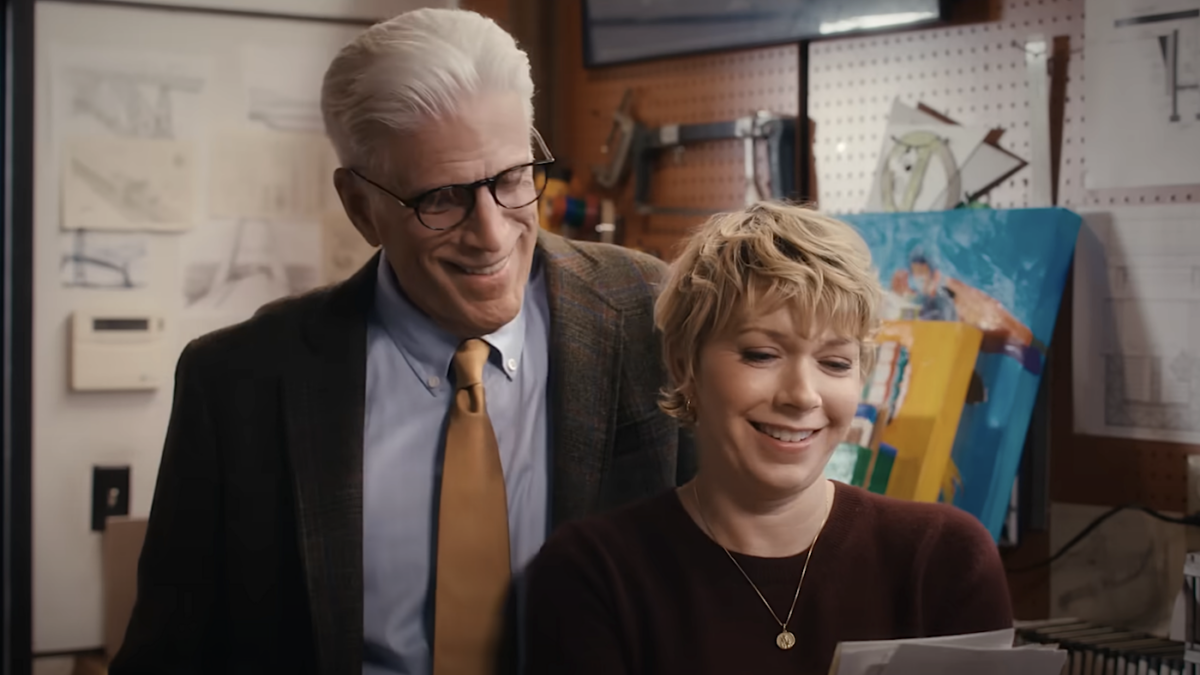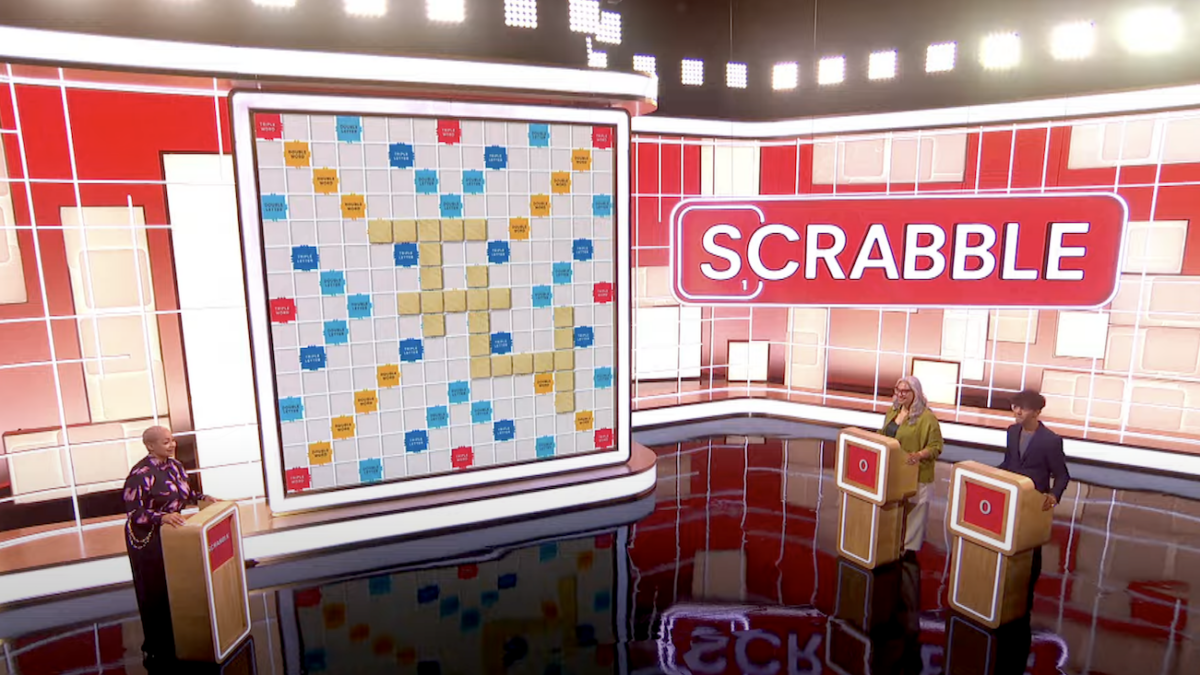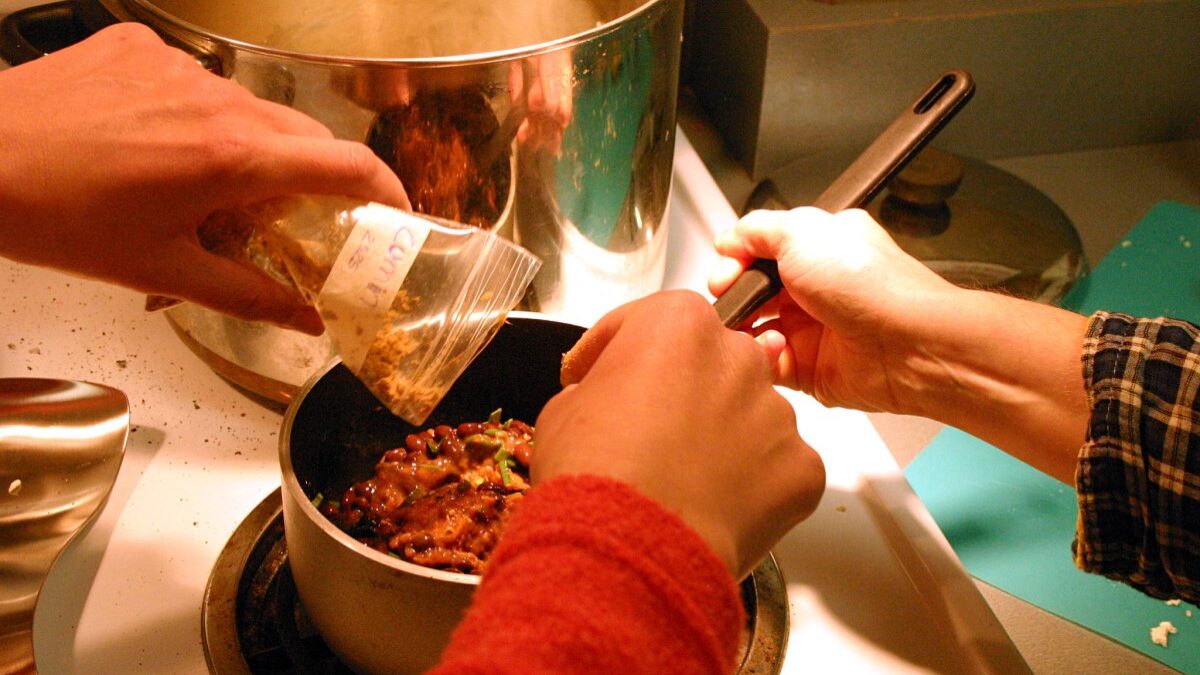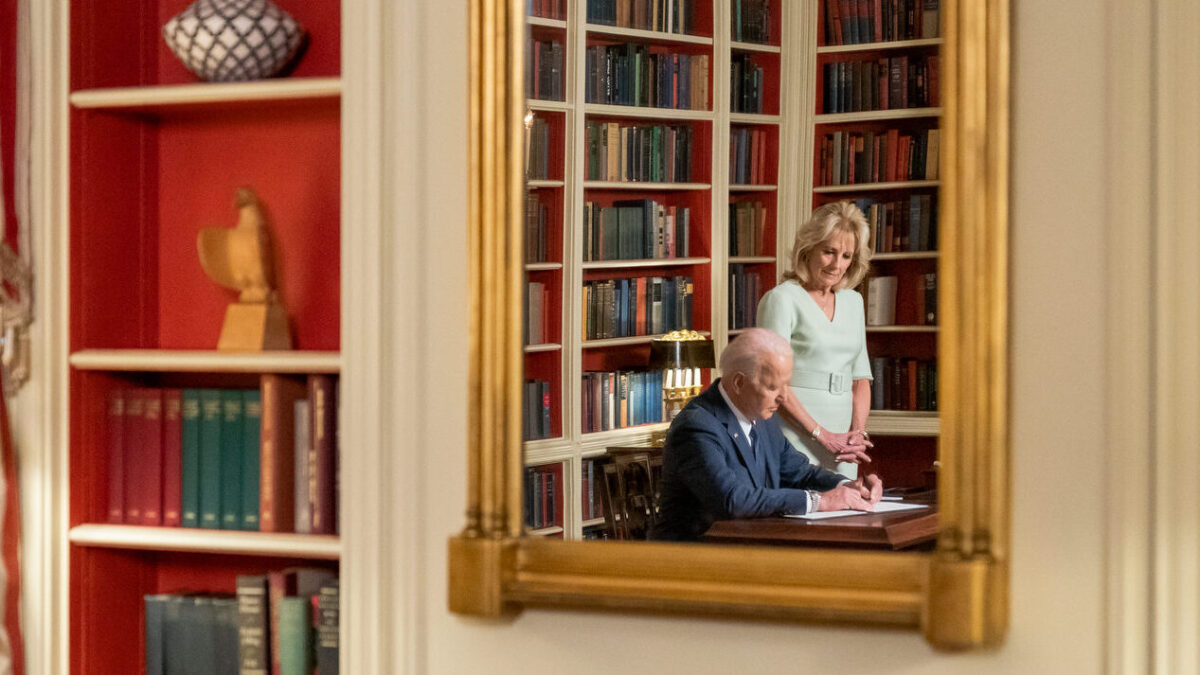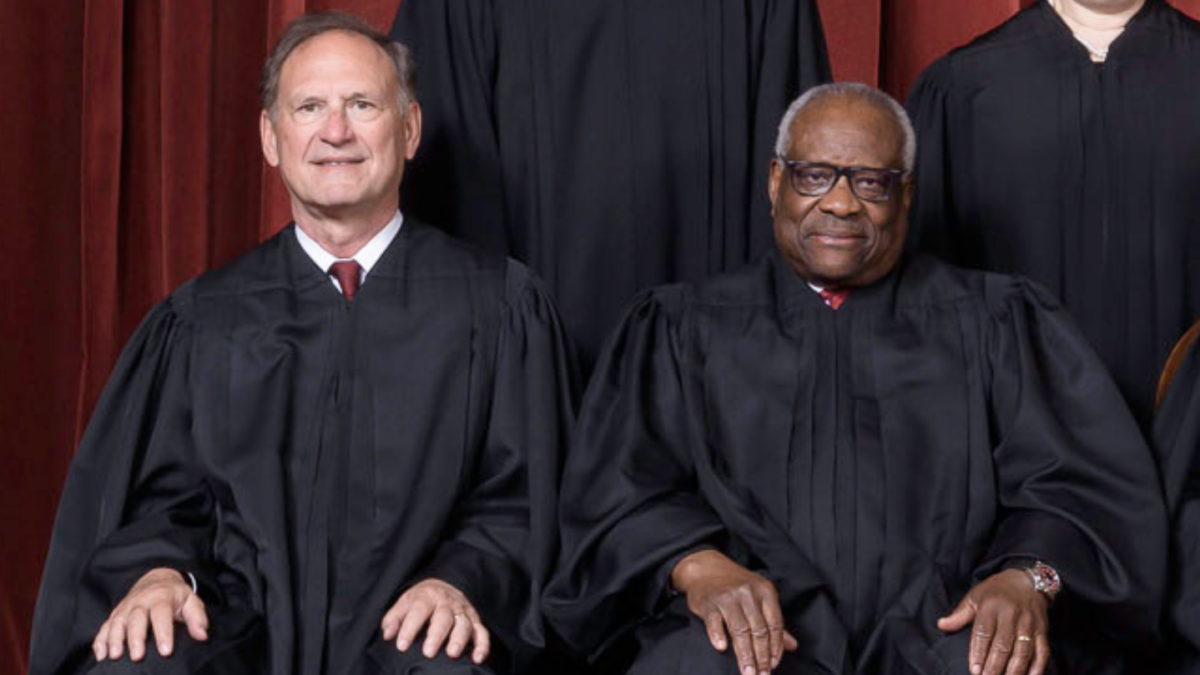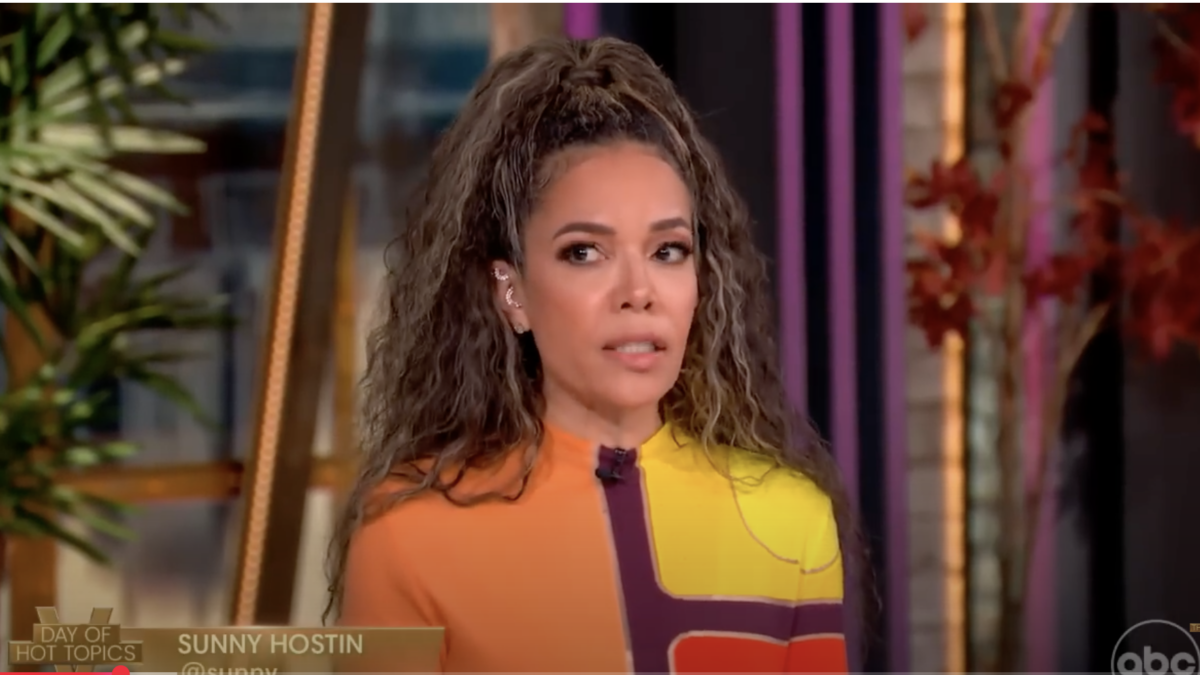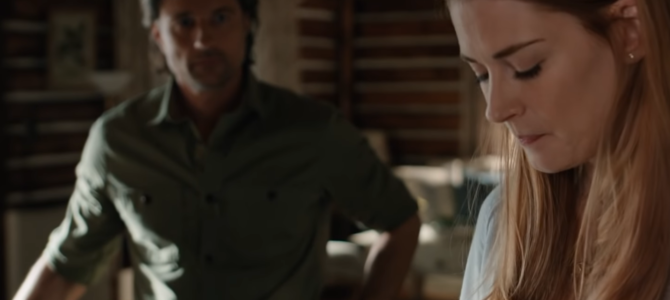
Spoilers.
If the first two seasons of Netflix’s “Virgin River” treated relationships as commodities for achieving happiness, season three goes further and gives babies the same treatment.
The third season of the show, which is currently ranked the No. 1 TV show on Netflix, premiered on July 9. It continues the saga of former city-girl and nurse Mel Monroe, her hunky flannel-clad boyfriend (and owner of the local hangout bar) Jack Sheridan, and the rest of the quiet, woodsy mountain town of Virgin River. The small-town setting is still charming (if more of the same), but the message of the show isn’t any better — it’s more of the same, only worse.
Characters Learned Nothing from Seasons One and Two
“Instead of striving after anything more meaningful, the main characters just go around trying to figure out their own happiness, and reassuring each other they deserve it,” I observed after watching the first two seasons. “Unfortunately, it’s all too reflective of how many Americans today view romance: as a disposable means of personal enjoyment and self-gratification. ”
I know stories often portray characters with flaws like this for the purpose of showing an eventual arc of growth and maturity. I was hoping, although not expecting, season three might reveal some growth and recognition of selfishness from main characters like Jack and Mel.
Unfortunately, instead of recognizing that maybe pleasure-seeking self-gratification isn’t the heartiest sustenance for a meaningful relationship, Jack and Mel take their selfish rubric and apply it to having children. As the season’s plot unfolds, Mel decides she wants a baby, but Jack (who has twins on the way with his old girlfriend, Charmaine) doesn’t feel he can support two families. (This should have been his first hint that maybe treating relationships flippantly creates problems.)
Knowing he can’t provide the pregnancy she wants, Jack breaks off his relationship with Mel in an attempt to put her happiness above his own. That is, until another character reminds him that “relationships are built on emotions.” (Forget self-sacrifice or mutual trust, emotions are the surest foundation in the minds of Netflix screenwriters.) Apparently convinced, Jack quickly backtracks and gets back together with Mel.
To “Virgin River’s” credit, it’s refreshing to see Mel want a baby. Motherhood rarely gets the respect it deserves, on or off-screen. To see a character (with a career she loves, nonetheless) desire children as a joyful, wonderful thing is something that shouldn’t be remarkable, but is.
Having a Baby for Personal Gratification Is a Problem
But that’s where the healthy perspective stops. When Mel is sad and feeling sorry for herself after her breakup with Jack, she goes to her sister Joey for advice. “You know, you don’t need Jack to have a baby,” Joey counsels.
When Mel counters that she’s “too exhausted to start over with someone else,” Joey reminds her she has two embryos left from when she tried to have a baby through in vitro fertilization (IVF) with her now-deceased husband Mark.
Unsurprisingly, the show doesn’t address IVF’s common problems. While it’s possible — although even more expensive — to do in a way that uses every embryo, most IVF procedures result in the death, discarding, or perpetual freezing of tiny human beings.
Because Mel and Mark created and froze the embryos to which Joey refers, there’s a strong argument that Mel should choose to have the babies rather than let them sit forever in the fertility lab, even though Mark is no longer living. But that’s not Joey’s reasoning, nor Mel’s either.
Mel’s response is not “What would be best for my baby?” but self-focused questions like “I can’t raise a child on my own” and “What if having Mark’s baby just makes me miss him all over again?”
While the question of whether she’s equipped to raise a baby is an important and valid one, these considerations clearly don’t stop Mel from deciding a baby will make her happy and therefore she must have one. One scene transition later, Mel is calling the fertility clinic to set up an appointment, and two episodes later we find out that she is indeed pregnant.
So Is Putting Your Happiness Above Your Kids’ Wellbeing
Jack’s attitude toward his coming twins is hardly better than Mel’s toward her child. After he threw his relationship with Charmaine to the curb to go after Mel, Charmaine quickly found and married another man who wanted to adopt the twins. While there’s plenty not to like about this character, he at least has the decency to want to raise another man’s kids in a complete family.
Understandably, Jack wants to be involved in his kids’ lives and bristles at the idea of being replaced through this arrangement. The situation is messy, and I won’t suggest there’s an easy or one-size-fits-all solution for similarly situated families.
However, at no point does Jack seriously consider what would be best for his children enough to set aside his own selfish desires and perceived entitlements. Maybe letting Charmaine’s new husband adopt the kids isn’t the best arrangement, but Jack is so blinded by his desire to have the parental relationship he wants that he doesn’t even consider this. He wants the perks of being the twins’ dad, but not enough to marry their mother.
Family Is a Joyful Responsibility that Requires Self-Sacrifice
Surrounded by all this selfishness, there’s one side plot that stands out as a beautiful picture of family and sacrifice. Lily is a local woman who, in season one, found out she was pregnant shortly after the death of her husband. After Lily initially left the baby at the health clinic out of desperation, Mel admirably convinced her to raise the baby, which she names Chloe.
In season three, Lily finds out she has terminal cancer. But even in the face of such a prognosis, every decision Lily makes is based on what’s best for her baby daughter Chloe and her grown daughter Tara, who comes to stay at the farm to help her mother. Tara and Lily’s selfless service to each other and to Chloe starkly contrasts the approaches Jack and Mel take to their own children.
If “Virgin River” is supposed to be a picturesque example of what Netflix writers and viewers think love (both romantic and parental) is, it’s a cheap and concerning one. Stories not only reflect culture, they set examples.
Children deserve to be sacrificially loved, and parenthood should be recognized as the precious calling and responsibility it is. To use children and parenting as highways to self-serving pleasure is to make light of social foundations we can’t afford to lose.


